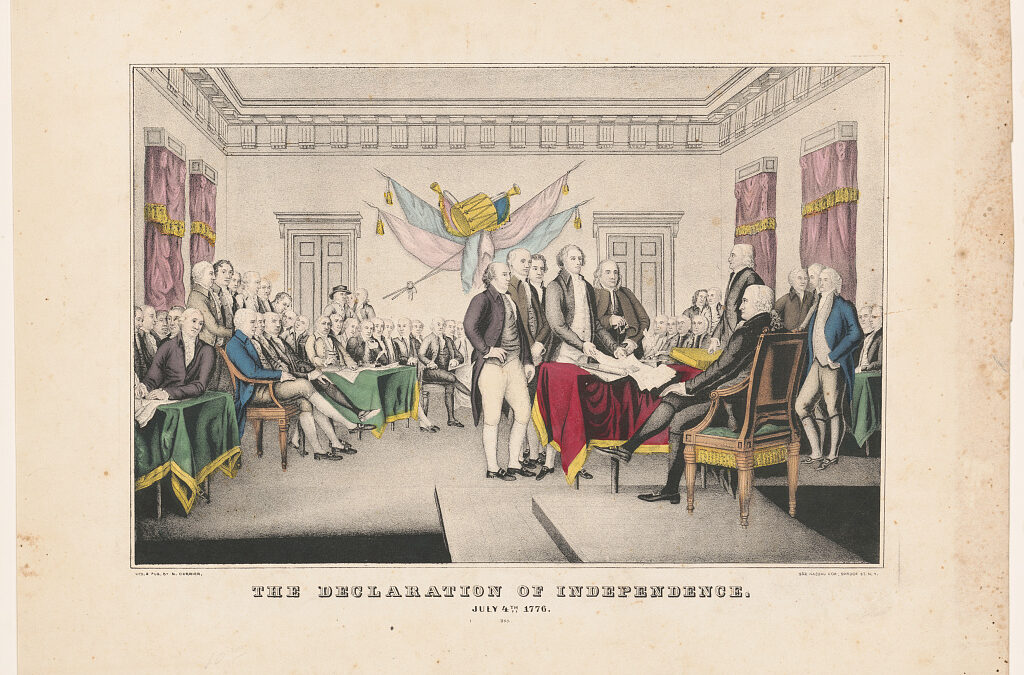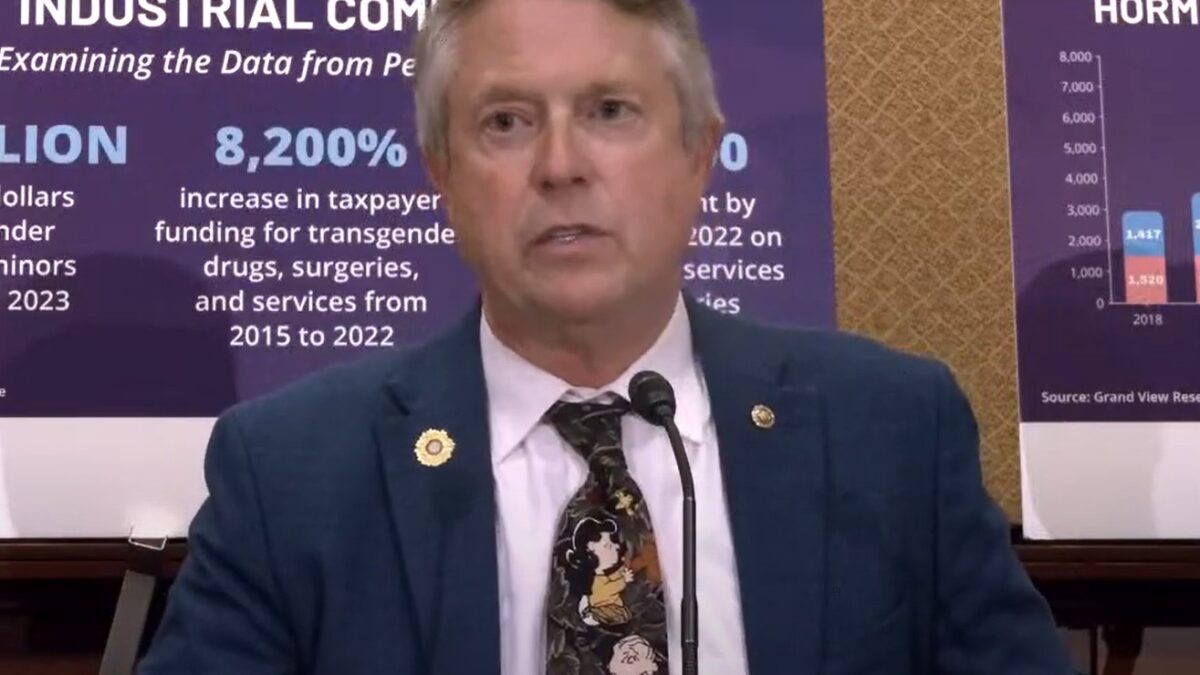
A Wisconsin school district will pay a transgender student $800,000 to settle a lawsuit she filed in a successful attempt to share bathrooms and overnight sleeping quarters with male high school students. Ash Whitaker’s attorneys will get $650,000 of that amount, and she gets the rest. The money will be paid out by the district’s insurance company, after using taxpayer dollars for their $25,000 deductible.
Before the settlement, the case had been appealed to the U.S. Supreme Court after the Seventh Circuit Court of Appeals ruled in Whitaker’s favor. The court agreed that Kenosha Unified School District “illegally singled Whitaker out for discrimination because he [sic] is transgender.” Whitaker also demanded to be allowed to run for prom king, and won that fight last year as well.
“[Whitaker’s] claimed fees were $1.7 million, so we estimated if we went up to the Supreme Court, and/or back down to trial court to try the case and go through anything, that their fees would be somewhere between $4 million and $5 million,” Kenosha’s attorney, Ron Stadler, told media. “So, it becomes a real economic decision in terms of balancing risks and the downside of being given an adverse decision.”
The Seventh Circuit unanimously decided that a “policy that requires an individual to use a bathroom that does not conform with his or her gender identity . . . violates Title IX,” a law requiring educational institutions that take federal money to treat males and females the same. It was the first time any federal appeals court concluded that the 1972 statute’s phrase “sex discrimination” means “gender identity discrimination.”
LGBT activists have targeted the courts and regulatory agencies as vehicles to rewrite federal laws, primarily by changing the definitions of words in this same fashion. President Obama’s Department of Education issued regulatory guidance similar to the Seventh Circuit’s reading, telling schools they had to interpret the word “sex” to include “gender identity,” which inserted LGBT preferences into laws that Congress did not intend to include LGBT preferences.
“Sex,” of course, refers to biological sex — i.e., the fact of being male or female. “Gender identity” is fundamentally opposed to the concept of biological sex because it is a philosophical system that declares sex distinctions — XX and XY chromosomes and the myriad biological effects they create — invalid and meaningless. The two phrases not only do not mean the same thing, they often mean opposite things. Yet courts and regulatory agencies are beginning to substitute one for the other with no legal grant of authority to do so from Congress.
Making national rules in this fashion, of course, upends representative government, because unelected officials run courts and regulatory agencies. So using both avenues unelected officials have been overriding the will of the people as expressed in law through their elected representatives.
This sort of regulatory law-rewriting also ends the rule of law. In a free and just society, laws are few, imposed by the consent of the governed, apply equally to all people, and come into existence by a set and known system of rules. This allows for people to govern themselves through a free and fair process, rather than be ruled by others in a secretive process in which only some have the power and the rest of us must obey. This regulatory rewrite of Title IX uses the latter style of government, and our administrative state doesn’t just exhibit these characteristics regarding Title IX, either. This is its main mode of governance.
The rule of law is one of the fundamental conditions for a free society. Arbitrary rule is a core hallmark of tinpot dictatorships and banana republics. It is unjust and unequal because it privileges the wealthy and well-connected. Its only alternative is tyranny — either the petty tyranny of unelected bureaucrats or the dramatic tyranny of dictatorship. Guess which one the United States is now.
Only heightening this core problem of process, of course, is the one of content. Whitaker is not a man or a boy and never will be. She’s a teen who has gotten herself local and national notoriety, set both counterfactual and un-American legal precedents, and is now $150,000 richer, all by selling lies about human biology. That’s another thing rule by bureaucrats fosters: not just state coercion, but a higher likelihood of that coercion consisting of harmful untruths.
When it is possible to use government power to force people into actions or beliefs, especially those against common sense and cultural tradition, abuse of that power is more likely. Human history proves repeatedly that perfectly normal people will do perfectly horrible things when given too much power over others. Consider the legacies of slavery and the Holocaust. Rank-and-file slave owners and Nazis were ordinary people with families, pets, hobbies, neighbors, and jobs. Yet they did horrible things to fellow human beings when given the power and the opportunity, just like the famous psychological tests showing ordinary people will administer homicidal electric shocks to innocent fellow men at the direction of an authority figure.
Humans cannot be trusted with power. We all abuse whatever power we have in some way or another, and the more we get, the bigger the temptation to abuse it. This is why we need the rule of law: to restrain our inherent tendencies to abuse others, even with benign intentions. The rule of law under a system of self-government forces people with power to justify their actions to those they are supposed to serve. It keeps them honest. Destroying it, with which Whitaker’s lawsuit assists, will lead to real abuses of our fellow Americans far beyond letting a girl hang around urinals.









